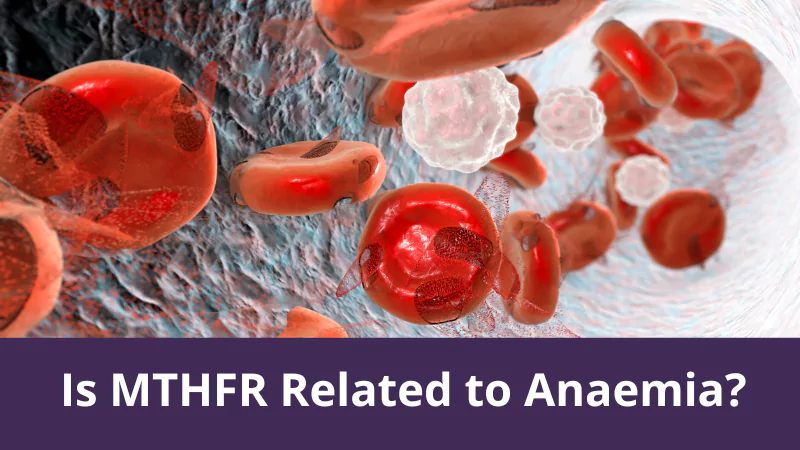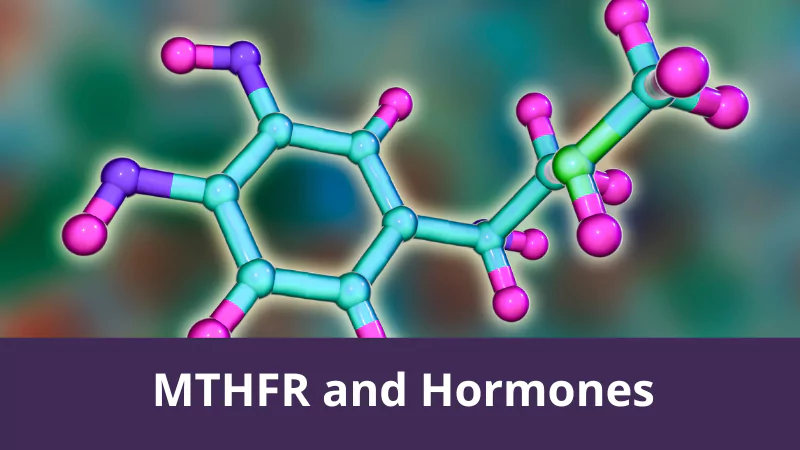
Anaemia is considered to be one of the most common blood conditions in the world. This condition relates to the abnormal or lack of functioning of red blood cells and its protein, haemoglobin. If there are any deficiencies in the production or functioning of red blood cells and haemoglobin, we can expect to see a reduction of oxygen being transported around the body, especially to the cells where it is used in various metabolic pathways. A lack of oxygen in the body and organs results in fatigue, the most common symptom of anaemia.
Forms of Anaemia
There are many different types of anaemia and subsequently many causes of it, the different types of anaemia can be split into three groups, and they are:
- Anaemia caused by blood loss.
- Anaemia caused by the excessive breakdown of red blood cells.
- Anaemia caused by a low red blood cell production, or a deficiency in the normal functioning of red blood cells.
Anaemia caused by blood loss is often a chronic and slow loss of blood over time and not a large loss caused by trauma. Examples of a slow loss of blood can result from gastrointestinal conditions such as gastritis; the use of nonsteroidal anti-inflammatory drugs such as ibuprofen or heavy menstruation.
Anaemia caused by the excessive breakdown of red blood cells is also known as haemolytic anaemia. Haemolytic anaemia can result from inherited genetic conditions such as sickle cell syndrome; autoimmune diseases; stressors such as drugs or snake venom; various medical conditions such as severe burns; tumours and clotting disorders to name a few.
Anaemia resulting from low red blood cell production or a deficiency in the functioning of red blood cells and their proteins may result from genetic conditions such as sickle cell syndrome, iron deficiency anaemia and vitamin-deficiency anaemia. I will be discussing vitamin deficiency anaemia in more detail as there is a relationship to the MTHFR gene.
FREE Download What is MTHFR eBook
Vitamin-deficiency Anaemia
Erythropoiesis is the process where new erythrocytes (red blood cells) are made to replace the old ones. B12 and folate are crucial in the production of red blood cells, as they are needed by erythroblasts for proliferation during differentiation. A Deficiency of folate or vitamin B12 inhibits purine and thymidylate synthesis, reducing DNA synthesis efficiency, which ultimately causes erythroblast apoptosis (cell death), resulting in anaemia from ineffective red blood cell production.
Vitamin-deficiency anaemia results from a lack of the vitamins B12 and B9 (folate). Vitamin B9 is known as folate which is derived from natural sources gained from the diet, this is the preferred means of obtaining folate in the body. There is also a synthetic version of vitamin B9, known as folic acid, this is an oxidised compound that requires more processing by the enzyme, dihydrofolate reductase (DHFR), which is found to have a low activity in the liver. This enzyme does not convert folic acid into a usable form quickly enough, and if an excessive amount of folic acid is taken, this results in abnormally high levels of folic acid in the body. High levels of folic acid has been linked to some cancers, therefore making folic acid undesirable compared to folate. The recommended supplement to take is 5-methytetrahydrofolate if there is not enough folate in the diet.
MTHFR link to Anaemia
The Methylenetetrahydrofolate reductase (MTHFR) enzyme is responsible for the conversion of 5, 10-methylenetetrahydrofolate into 5-methyltetrahydrofolate (5-MTHF), this is the active form of folate and can readily be used in methylation.
Methylation is the transfer of a methyl (CH3) group to another molecule, which is a crucial biochemical reaction that contributes to several important metabolic pathways in the body. Methylation is used in nucleotide synthesis; DNA and RNA formation, and repair; methylation of proteins; methylation of DNA, and homocysteine metabolism, to name but a few vital processes.
A defective MTHFR gene can be indirectly linked to several types of anaemia. If there is a mutation in the MTHFR gene, this will ultimately have a negative effect on methylation and subsequently folate production. Folate is necessary for red blood cell production and maturation of the cell nuclei; a lack of folate results in folate-deficiency anaemia. If folate and vitamin B12 are both deficient, this may result in megaloblastic anaemia, where the red blood cells are abnormally large and have underdeveloped nuclei. In addition to the large size, these cells are less effective in delivering oxygen and are more susceptible to premature apoptosis or cell death. One of the markers that we commonly see elevated is MCV (mean corpuscular volume) which is a measure of the size of the red blood cells. If your MCV is over 89 then we may use this as a marker for low B12 and or folate.
Conclusion
Mutations in the MTHFR gene contribute to a wide range of conditions and disease states, as we have seen with the various anaemic conditions above. Steps can be taken to lessen the effect of MTHFR mutations on the body, these steps include: assessing folate levels and folate metabolism; the supplementing of B vitamins and methylfolate; establish a healthy nutrition plan that supports the affected biochemical pathways; testing for MTHFR single nucleotide polymorphisms (SNP) mutation types, so that the correct treatments can be administered.
References:
Beth Ellen DiLuglio, MS, RDN, CCN, LDN, PreviMedica 2015, What is MTHFR?, retrieved from:
<https://previmedica.com/understanding-mthfr-genetic-mutation/>
WebMD 2017, Understanding Anaemia- the basics, retrieved from:
<http://www.webmd.com/a-to-z-guides/understanding-anemia-basics#2>
Paul Schick, MD 2017, Megaloblastic anaemia, retrieved from:
<http://emedicine.medscape.com/article/204066-overview#a1>
Joe, MSC, 2017, MTHFR Mutation, symptoms and diet: what you need to know, retrieved from:
<https://www.dietvsdisease.org/mthfr-mutation-symptoms-and-diet/>
Dr Louise Newson 2016, Folate deficiency, retrieved from:
<https://patient.info/doctor/folate-deficiency>
U.S. National library of medicine 2017, Folate-deficiency, retrieved from:
<https://chriskresser.com/folate-vs-folic-acid/>









